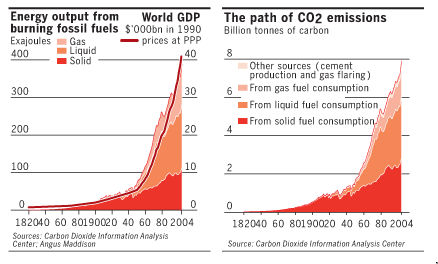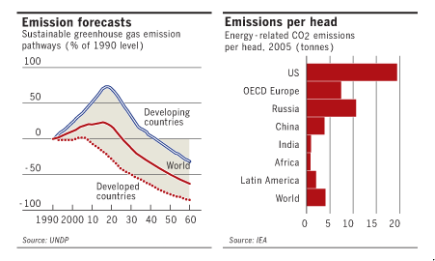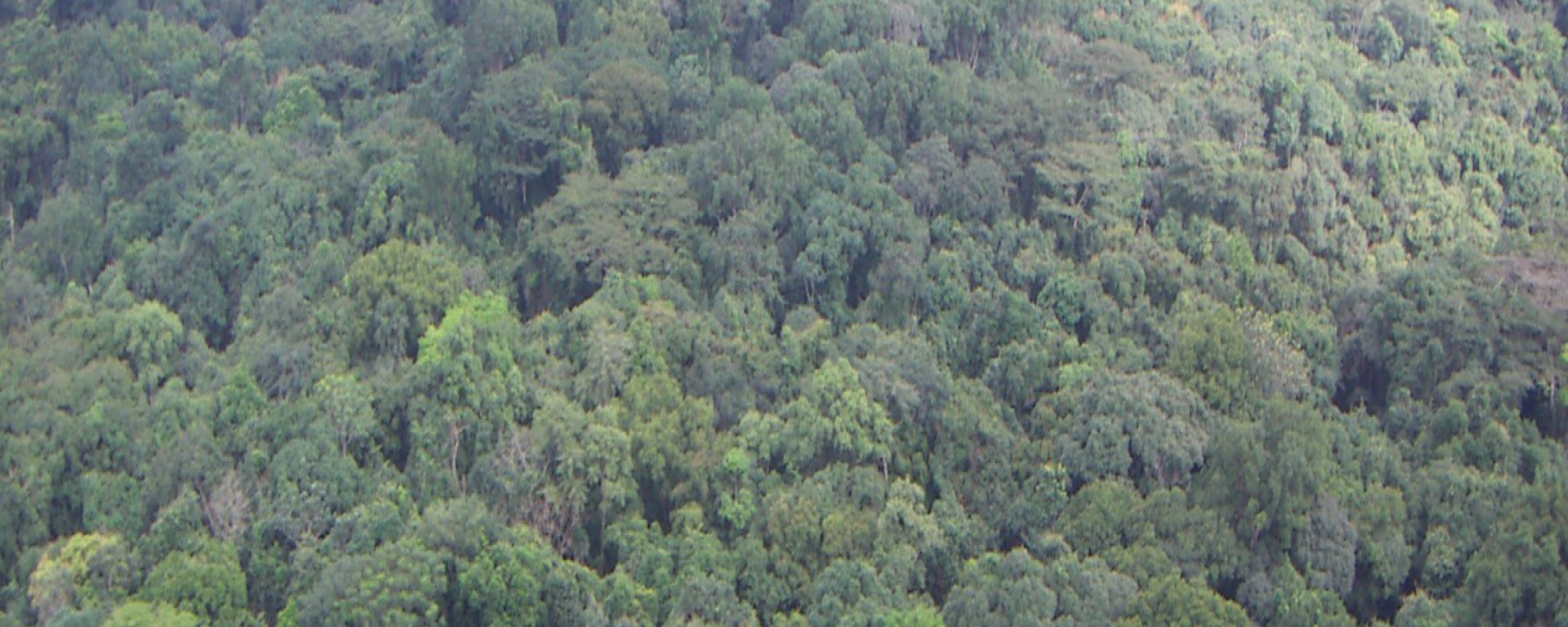Martin Wolf — author of Why Globalisation Works — has written in his FT column what amounts to a cri de coeur article on the prospects of future economic growth and democracy.
We live in a positive-sum world economy and have done so for about two centuries. This, I believe, is why democracy has become a political norm, empires have largely vanished, legal slavery and serfdom have disappeared and measures of well-being have risen almost everywhere. What then do I mean by a positive-sum economy? It is one in which everybody can become better off. It is one in which real incomes per head are able to rise indefinitely.
Leaving aside some distinctly odd arguments on the emergence and nature of democracy, (and plainly crass comments about environmentalists and socialists), Wolf’s belated awakening to the dependence of the positive-sum world economy (his long hand for capitalism?) on intensive energy use is well illustrated by four charts:


Now climate change and future energy demands become a security and not least distributional issue, upon which Wolf takes unsurprisingly an apolitical middle path between optimists and pessimists on growth and concludes that the “condition for success is successful investment in human ingenuity”.
Whatever that means…
There are real physical limits to growth and the world’s capacity to sustain life (see an earlier post) — and foremost amongst the policy choices to achieve a steady-state international economic system is the need for redistribution within and between countries. It would be interesting to redraw these graphs according to class, which might show the extent to which the rich distort the world’s ecology. The turbo capitalism generated by today’s globalisation is undermining the ability of trade to pull people out of poverty and has created financial markets that have taken the world hostage.

